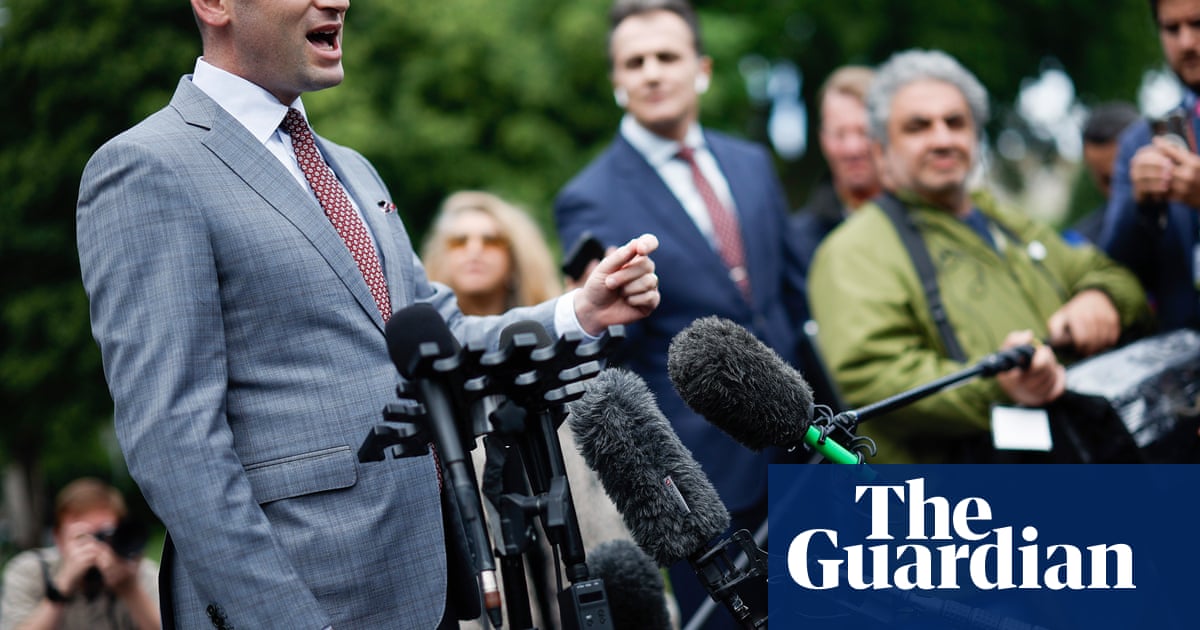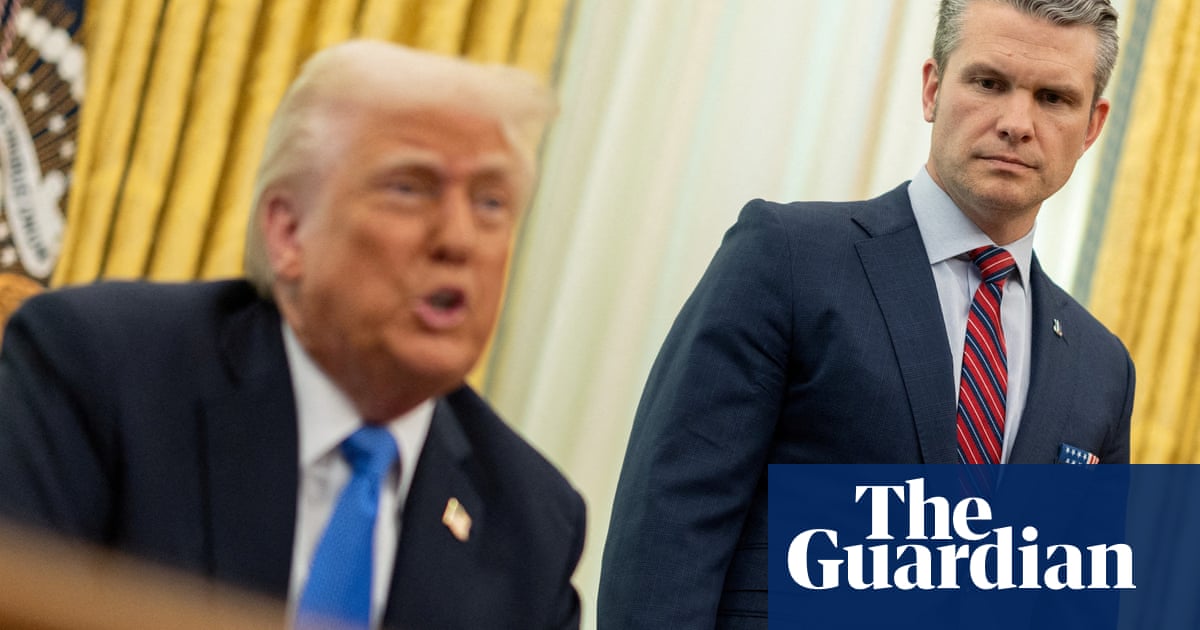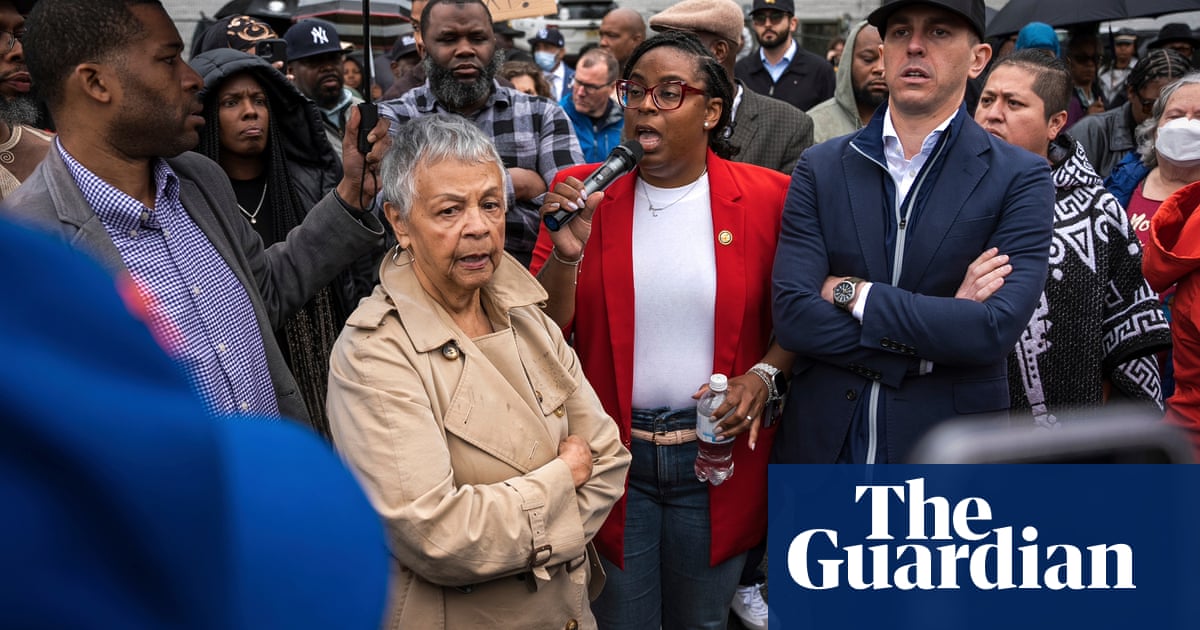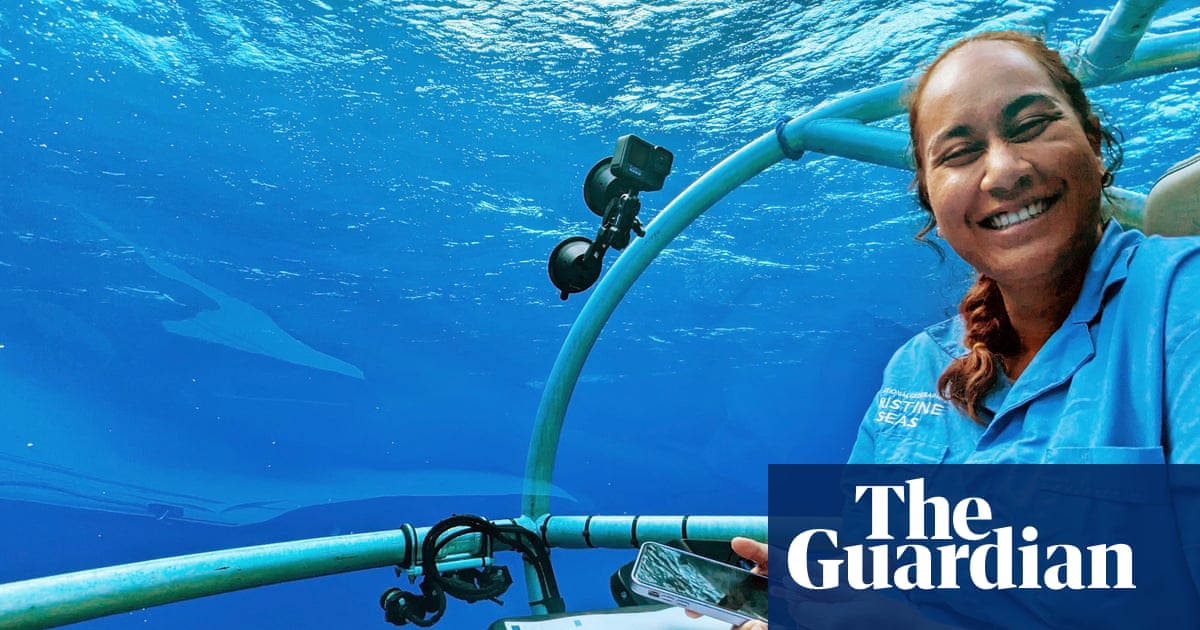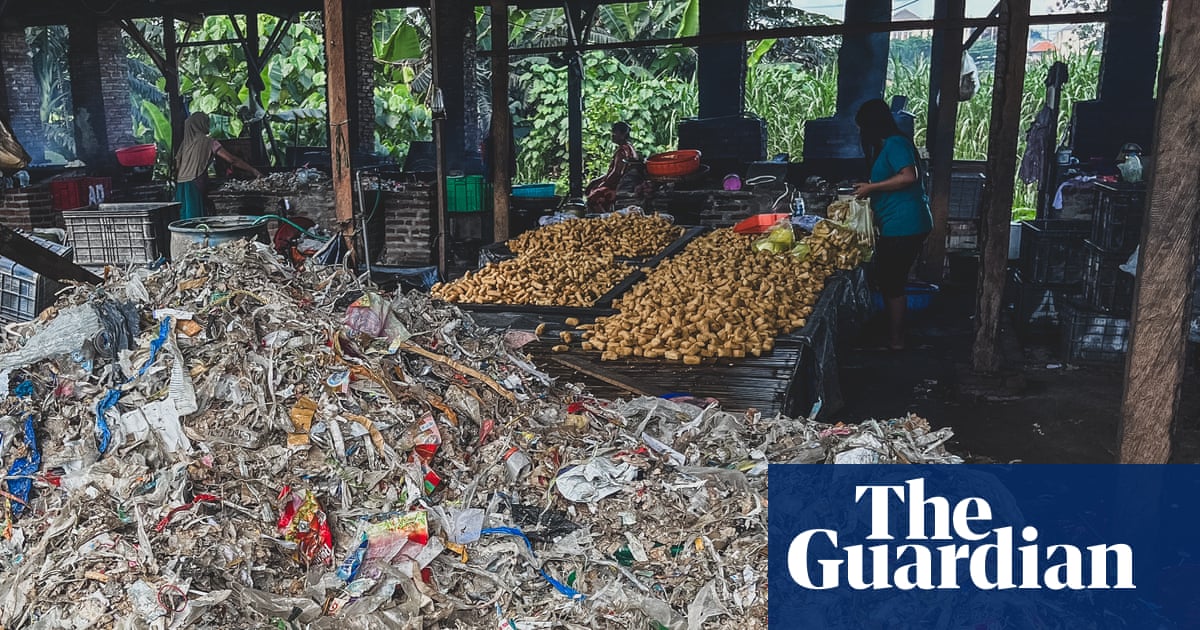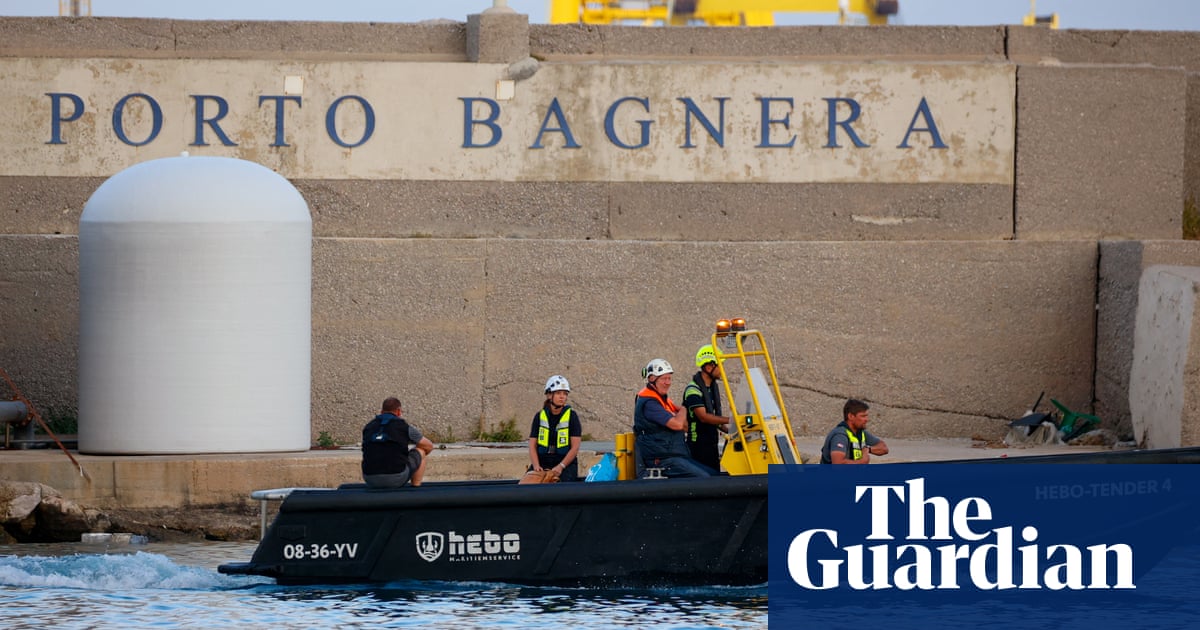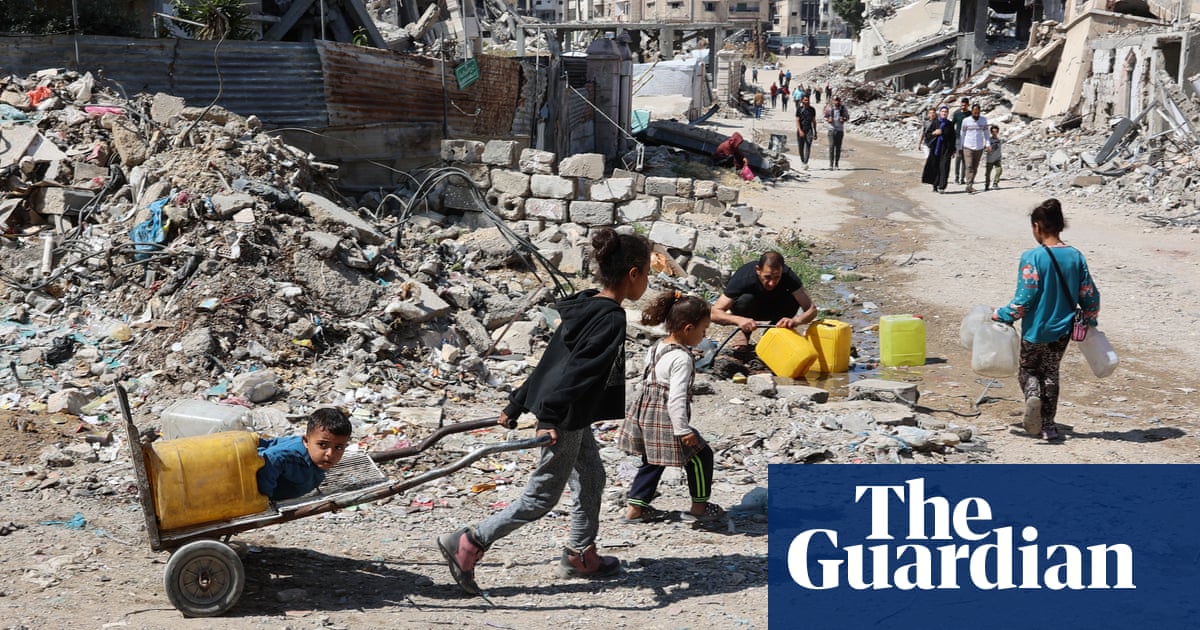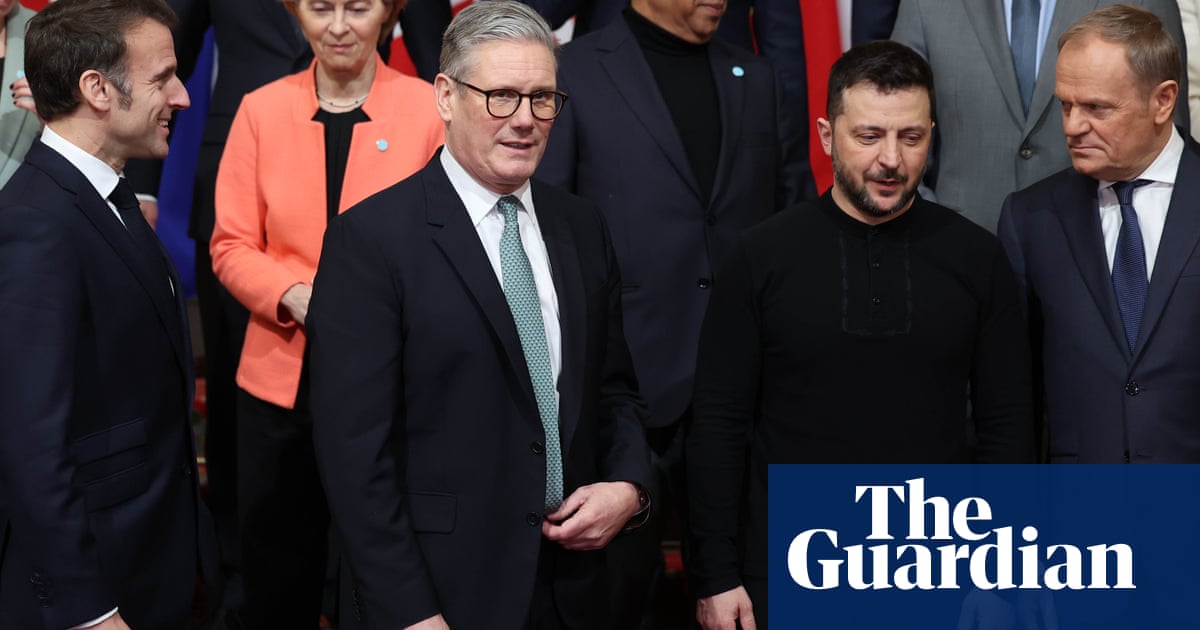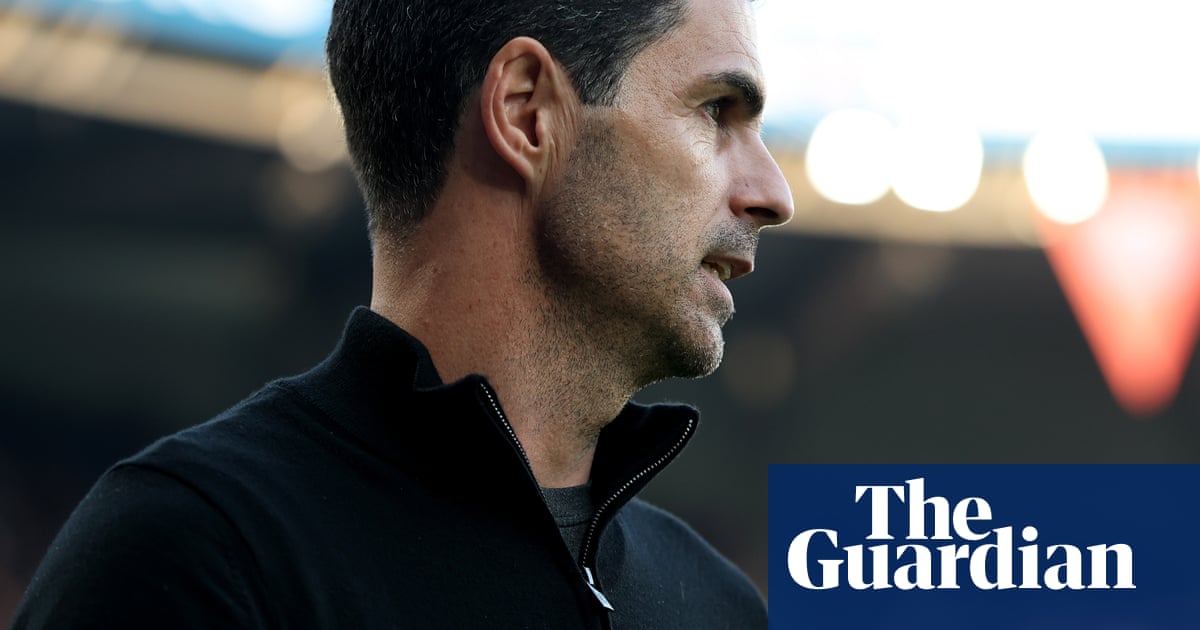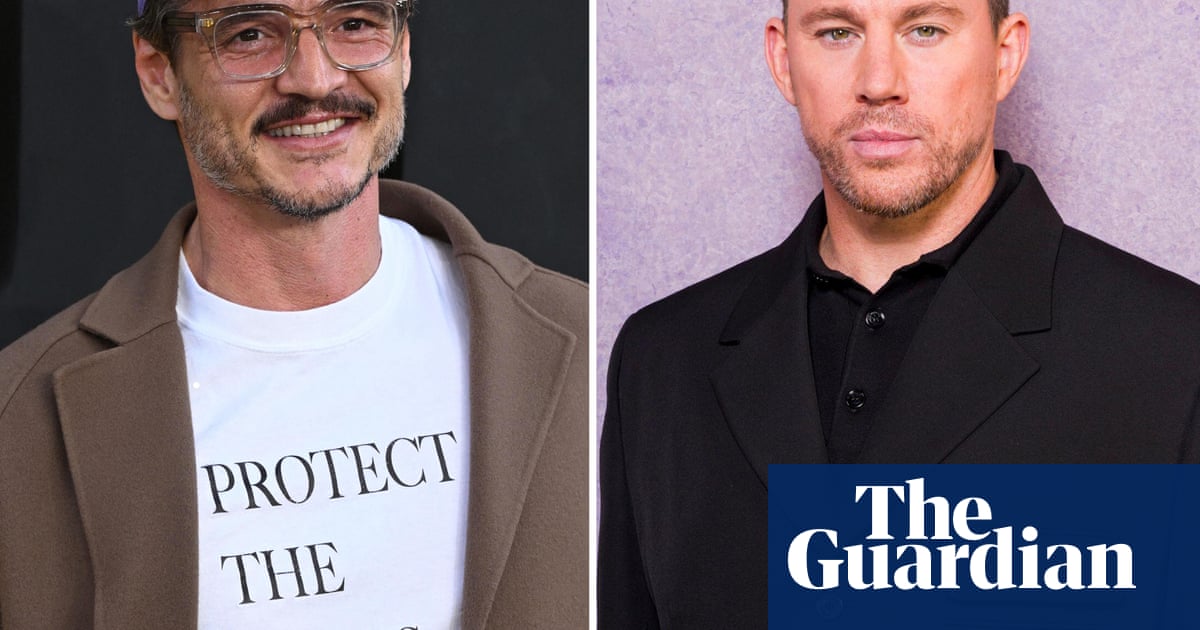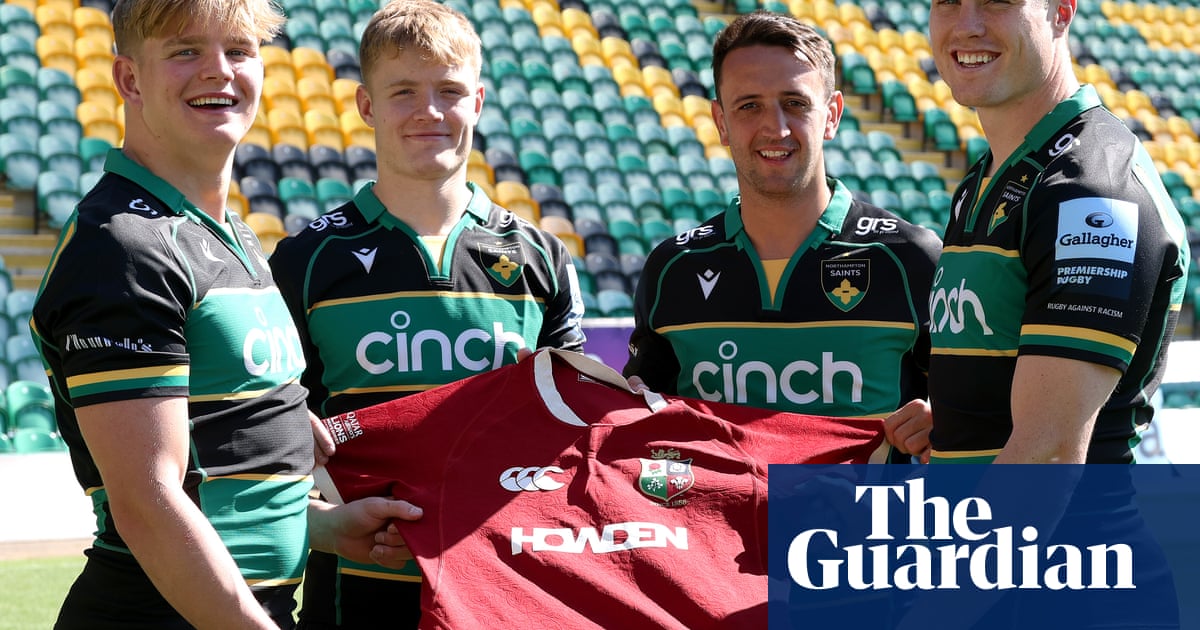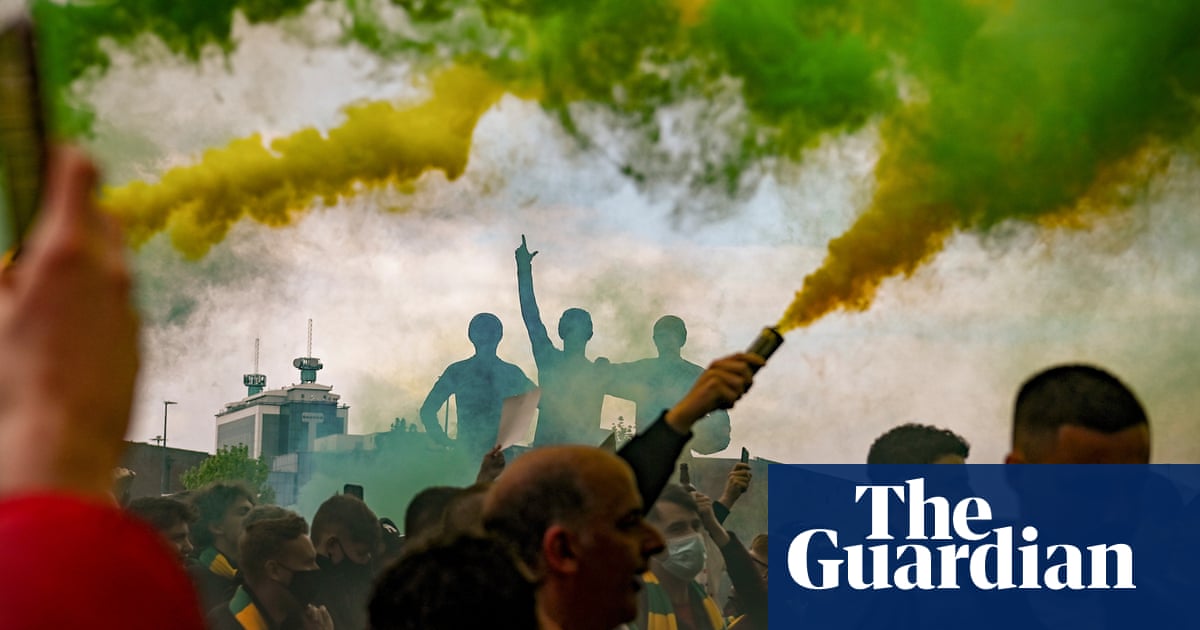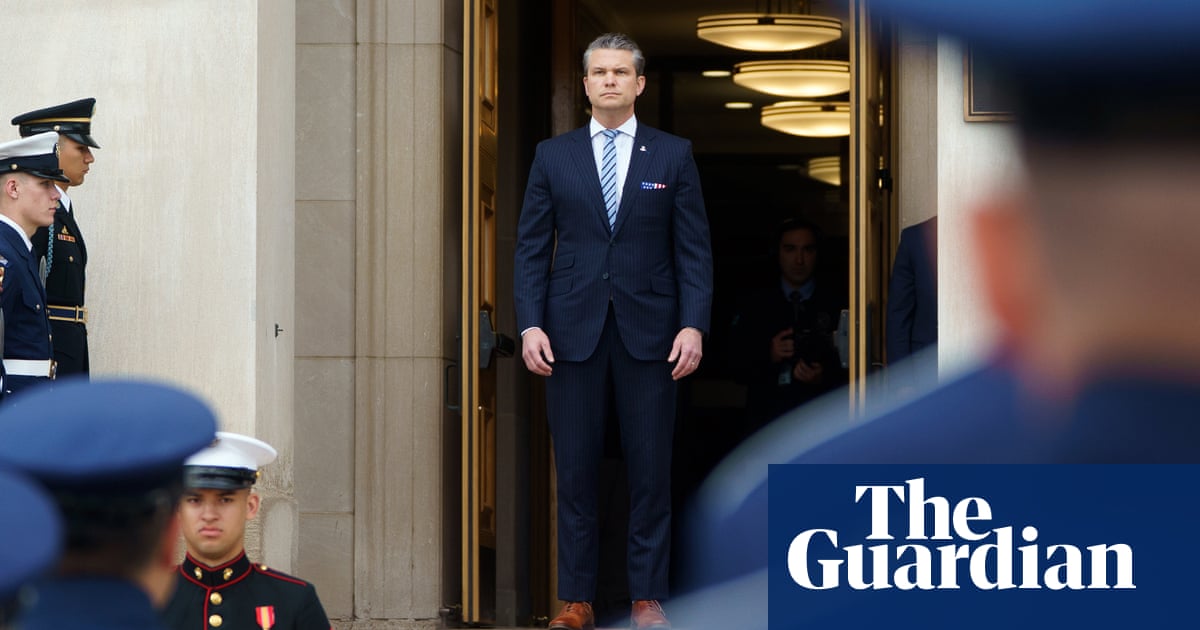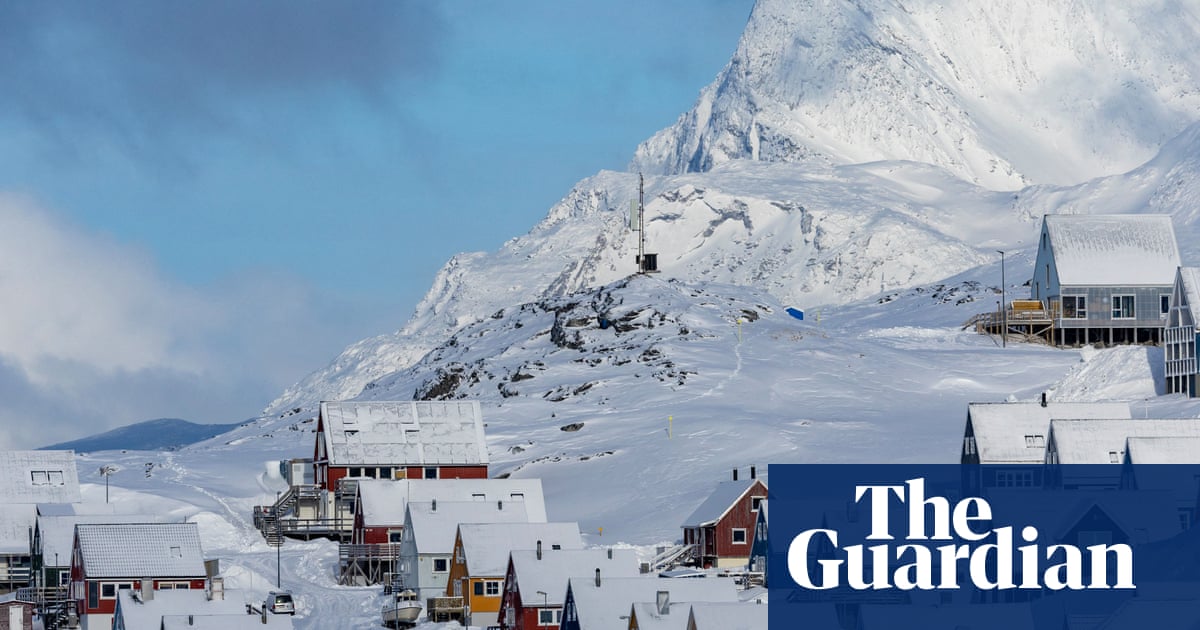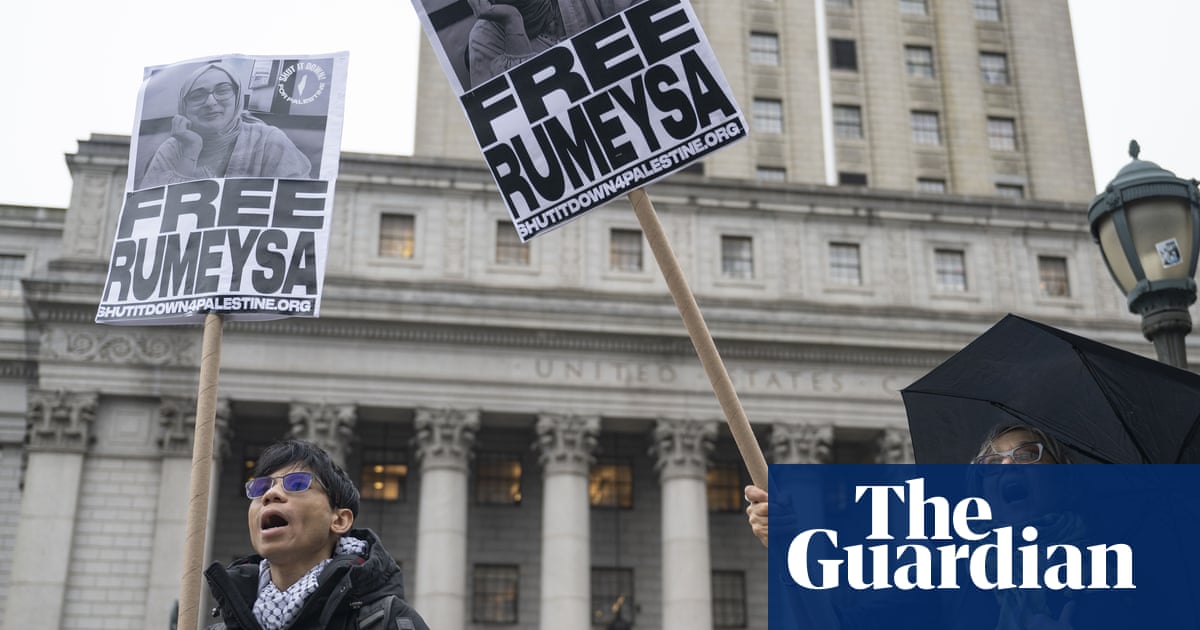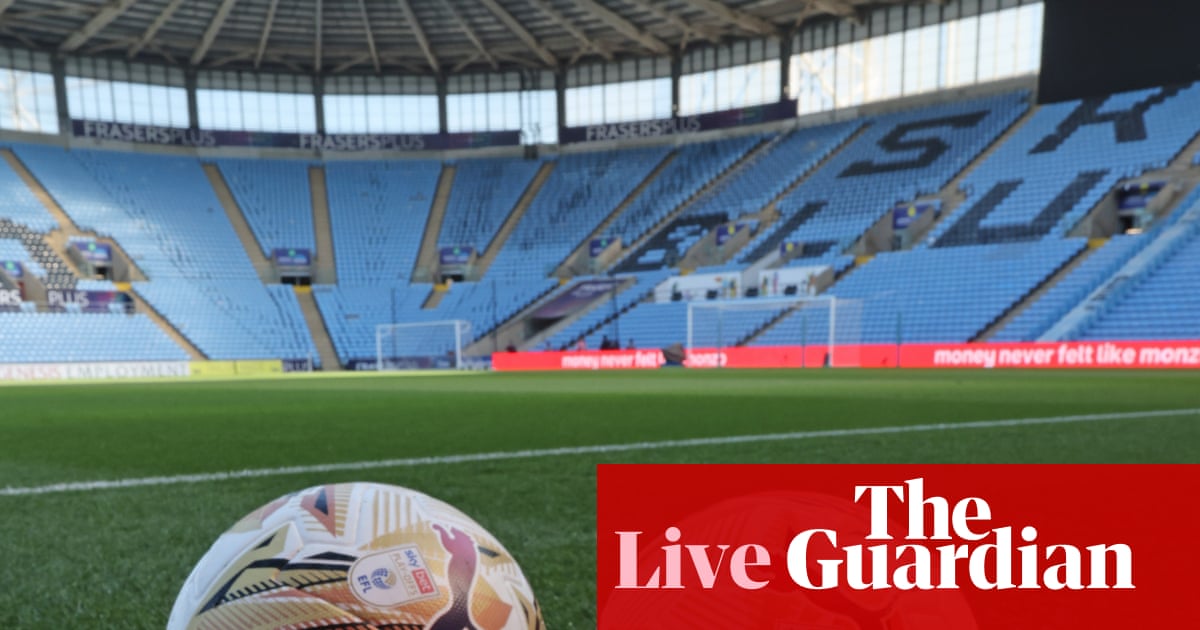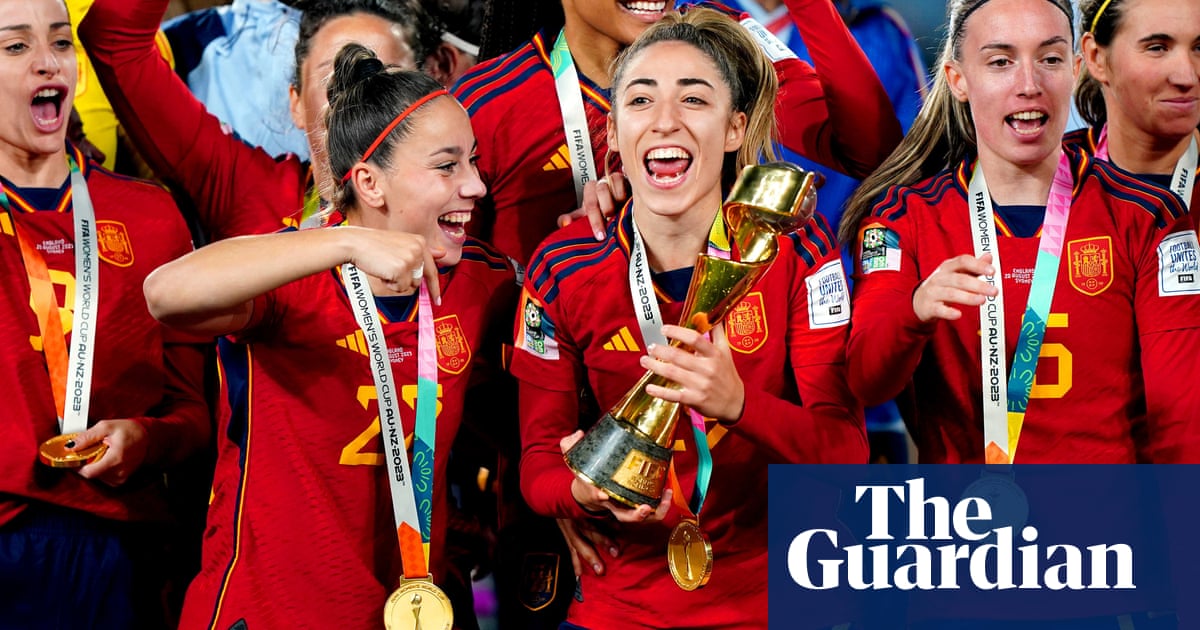Norway’s environment minister has ruled out a ban on open-net fish farming at sea despite acknowledging that the wild North Atlantic salmon is under “existential threat”.
With yearly exports of 1.2m tonnes, Norway is the largest producer of farmed salmon in the world. But its wild salmon population has fallen from more than a million in the early 1980s to about 500,000 today.
While the decimation of the wild population is in large part due to the climate crisis, the country’s salmon industry, which has had escapes of farmed fish and a significant rise in sea lice parasites, has helped reduce numbers to a historic low, resulting in the closure of 33 rivers to salmon fishing last summer.
Andreas Bjelland Eriksen, the climate and environment minister, said his job was “not to stop or close down human activity itself” but rather to incentivise industrial production while reducing pollution to an “acceptable level”.
“This is basically an existential threat against the wild Atlantic salmon and if we overlook that I don’t think we will be able to do the measures that we need to do,” he told a meeting on Norwegian salmon rivers at the Missing Salmon Alliance conference in London last week.
Eriksen said: “If you look at wild salmon, 2024 was an exceptionally bad year but it did not stand alone because the two other worst years that we had were in 2023 and 2021.
“So it’s really part of a trend and it symbolises something. To me, what it symbolises is that the impact from everything that we do is becoming more than nature, our stocks, can actually handle” he added.
But despite this acknowledgment, the minister told the Guardian later that he would not be seeking to stop open-net sea farming.
“If you look at the aquaculture industry, they produce food, that is really important to people all over the world, and the goal is to be able to produce that food sustainably in the future,” he said.
“My main issue is therefore not with the production itself, it’s with the pollution and the impact that pollution has on the environment. That is what we need to tackle,” Eriksen said.
“And that’s also why we need to work to get a regulatory system that incentivises production but within pollution levels that are not detrimental to wild Atlantic stocks.”
He said it was not yet known whether Norwegian salmon rivers would be in sufficient health to reopen for this year’s fishing season but that they would have a better idea by the spring.
Instead of curtailing open-net sea farming, despite being urged to do so by campaigners, the minister said he planned instead to seek an “acceptable level” of pollution for the wild salmon population.
“There are levels of pollution that the environment can tackle and that can be within limits that wild Atlantic salmon stocks can tackle as well. So finding that level is really what we need to go forward. And for some areas that might be zero.”

 3 months ago
53
3 months ago
53
